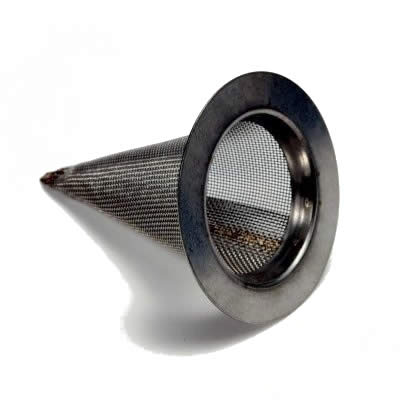ionbeam
2 FUN
Plus, premium doesn't knock because it burns colder than regular. If the octane is high enough the flames will completely freezeAgree. I have met riders who swear that they get 15 percent less mileage because of ethanol and that premium gives 10 percent better mileage than regular. They also rely on their bike's computer to determine mileage because they don't know how to calculate it manually.For fuel with 10% ethanol to lose 10 percent (or more) mileage would mean that it has no energy value at all. This simply isn't the case. Ethanol has about 1/3 less energy value than regular gasoline, so an E10 fuel blend will deliver about 3 - 4% worse fuel economy than straight gasoline.Fuel mileage studies have shown E-10 fuels get 11-14% less mileage....... that alone means the imports of oil have not gone down because of E10.
When E85 arrives fuel systems will have to eliminate rubber, aluminum and magnesium. Another fun change is that E85 is electrically conductive. There is mention that vehicles with fuel-tank-mounted fuel pumps will need to prevent arcing, and may need to have flame arrestors in the fill pipe. Should motorcycles ever go to E85 I will stop filling my tank while sitting on the bike.
There are fuel sensors which can read the type of fuel being used to allow for optimized fuel injection pulse widths which can permit a flex fuel engine to have equal or better mileage than an engine burning straight gasoline. With the properly designed engine it would also make up to 12% more power....An advantage of ethanol is that it does raise the octane rating of the fuel. If one were to also increase the effective compression ratio of the engine a commensurate amount you would be able to get nearly the same fuel mileage out of the ethanol fuel as straight gasoline even though it does have a lower energy content per unit volume...A normally aspirated engine with very high compression designed to maximize the energy available...
Last edited by a moderator:




















































